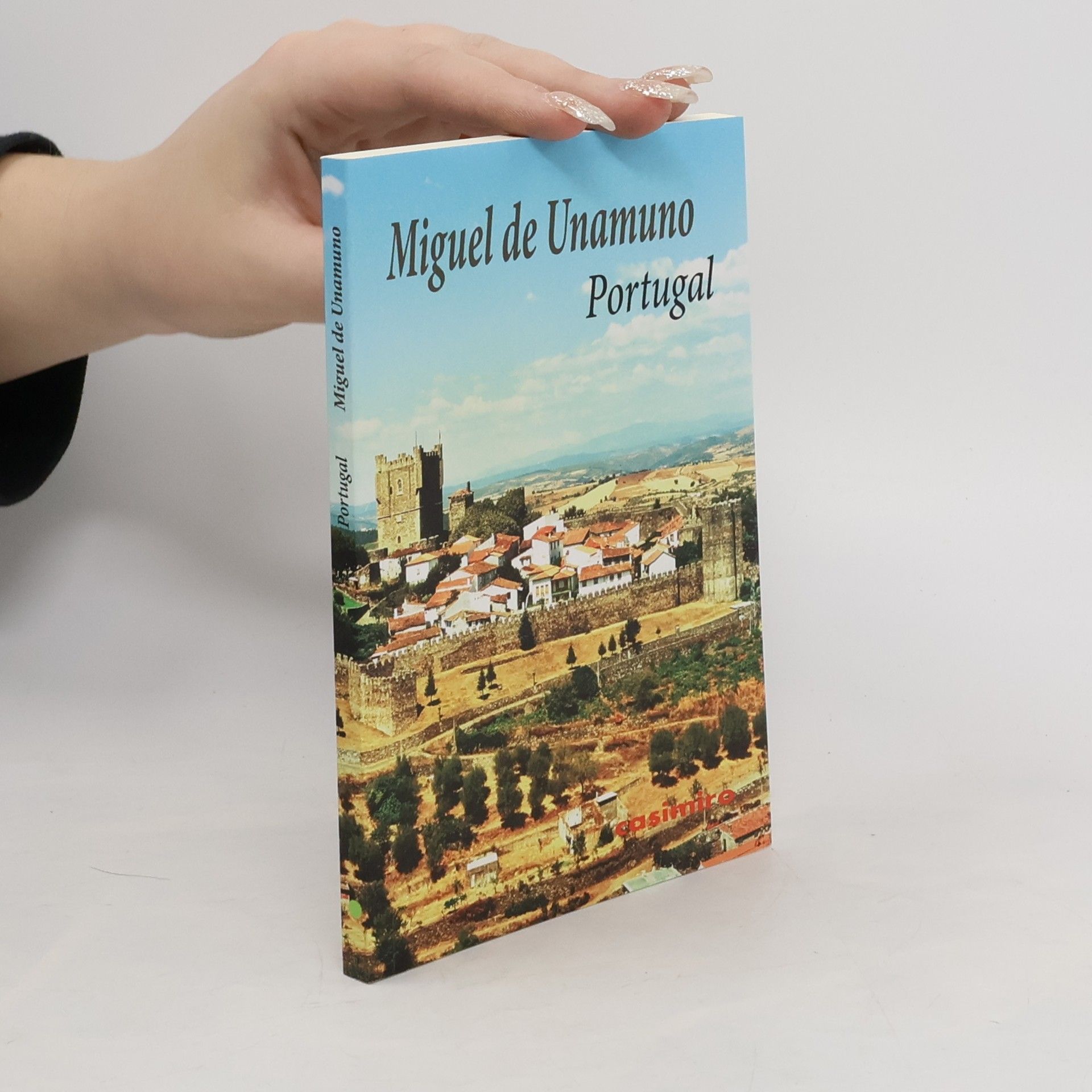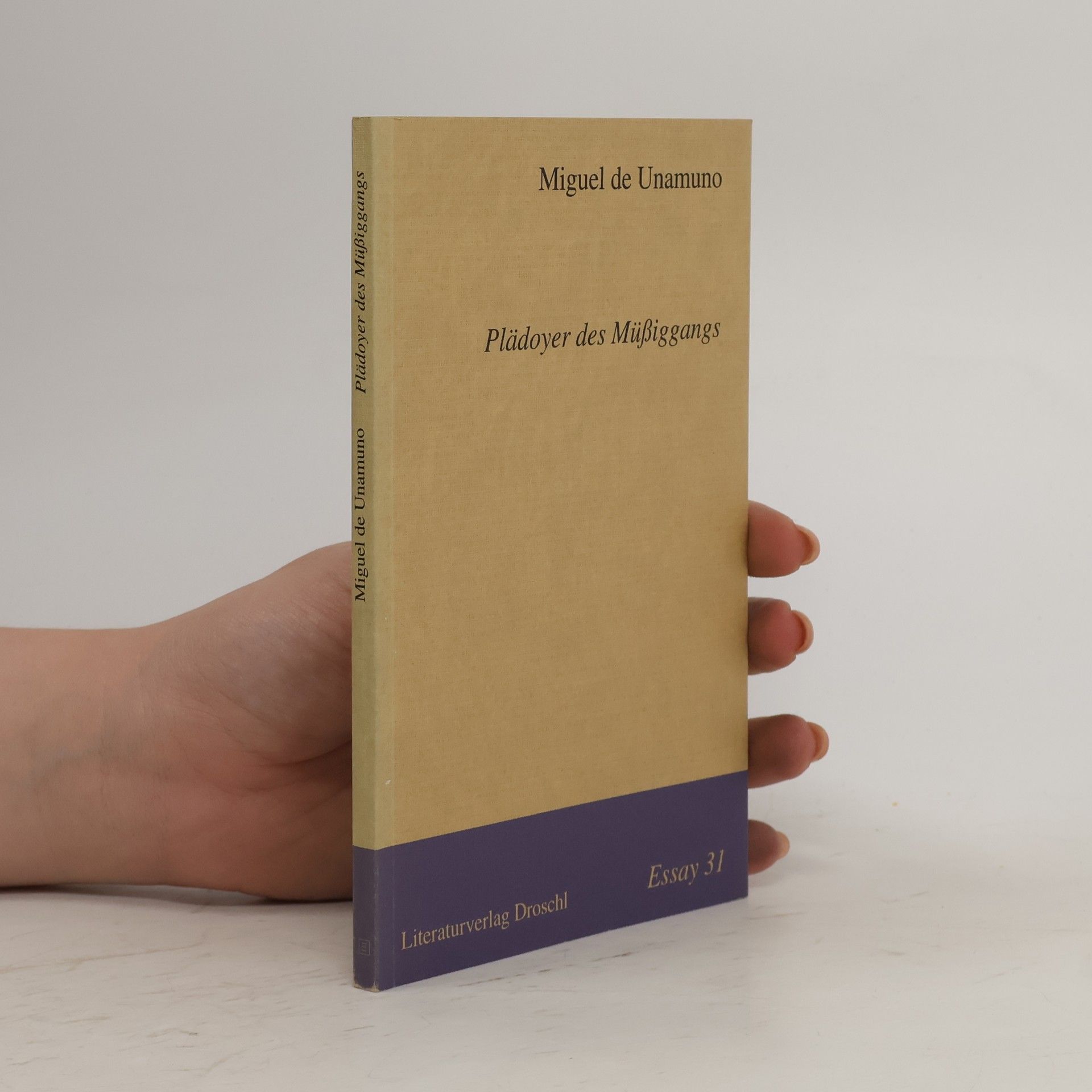A novel that features Augusto Perez, the pampered son of a recently deceased mother; the deceitful, scheming Eugenia, whom Augusto obsessively idealizes; and, Augusto's dog Orfeo, who gives a funeral oration upon his master's death. schovat popis
Miguel de Unamuno Libri
Miguel de Unamuno fu un importante scrittore modernista spagnolo, che unì magistralmente saggi, romanzi, poesie e opere teatrali, sfumando i confini tra i generi. La sua opera approfondisce profonde questioni filosofiche, esplorando la natura dell'esistenza umana, la fede e il dubbio. Unamuno si concentrò spesso sui conflitti interiori e sui dilemmi esistenziali dei suoi personaggi. Il suo stile unico e la sua profondità intellettuale ne fanno una figura cardine della letteratura spagnola del XX secolo.

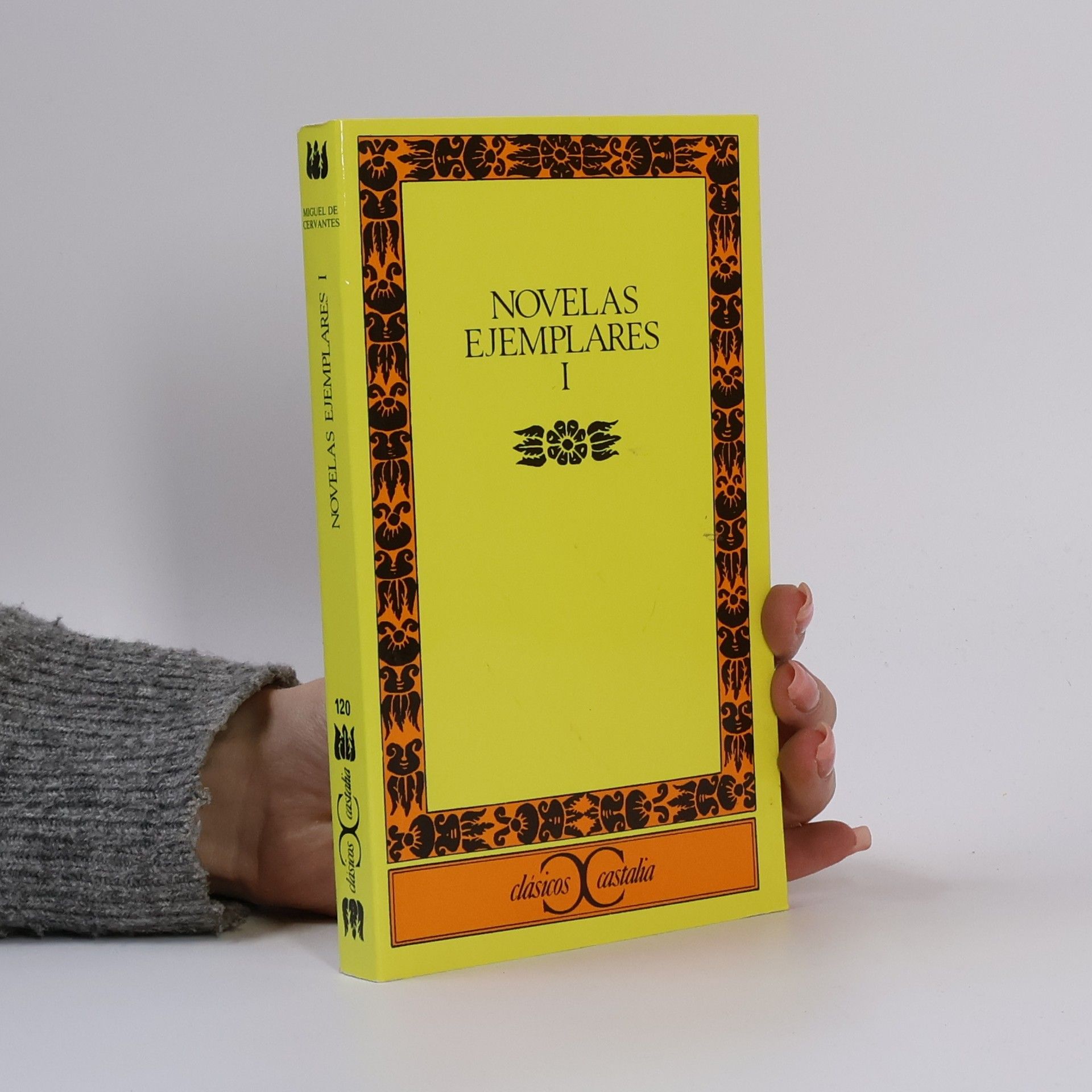

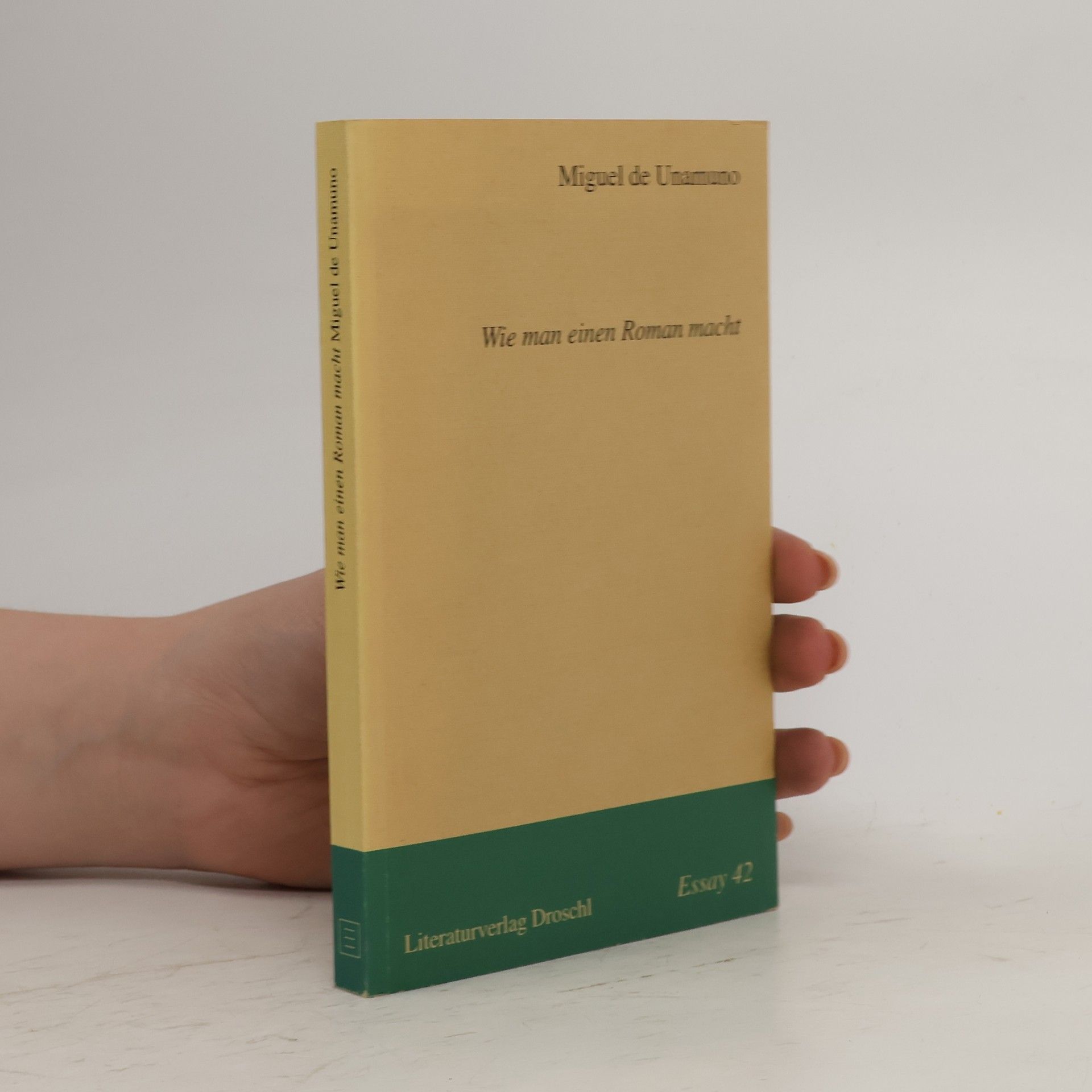

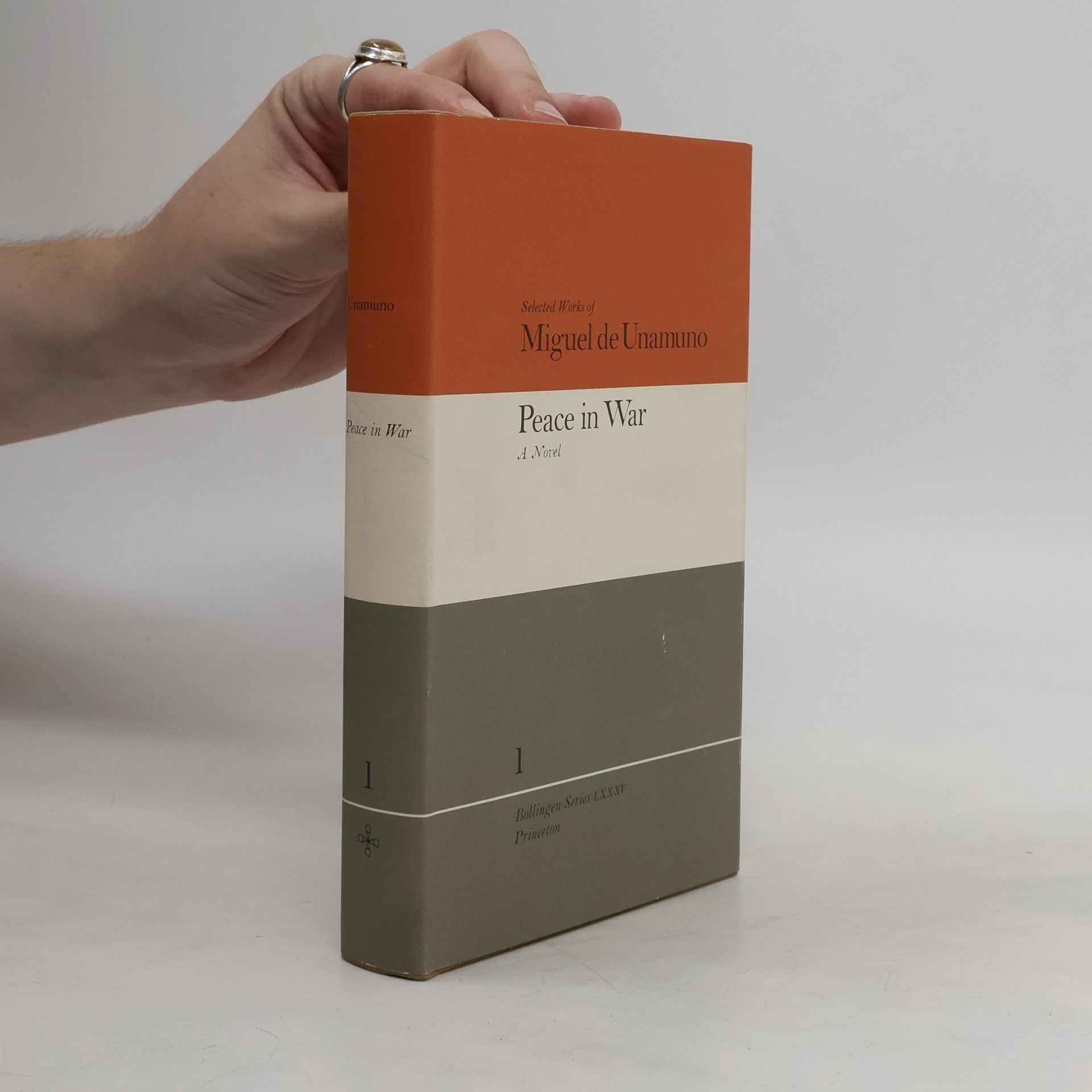

The first English translation of Unamuno's first novel, published in 1897, when he was 33. Its setting is the Basque country of northern Spain during the Second Carlist War (1874--1876), a conflict he lived through as a child. Originally published in 1983. The Princeton Legacy Library uses the latest print-on-demand technology to again make available previously out-of-print books from the distinguished backlist of Princeton University Press. These editions preserve the original texts of these important books while presenting them in durable paperback and hardcover editions. The goal of the Princeton Legacy Library is to vastly increase access to the rich scholarly heritage found in the thousands of books published by Princeton University Press since its founding in 1905.
Tragic Sense of Life
- 388pagine
- 14 ore di lettura
The acknowledged masterpiece of Unamuno expresses the anguish of modern man as he is caught up in the struggle between the dictates of reason and the demands of his own heart.
Wie man einen Roman macht
- 140pagine
- 5 ore di lettura
Die Entstehungsgeschichte dieses postmodern anmutenden Textes ist einigermaßen komplex: Der 61jährige Miguel de Unamuno schrieb 1925 im selbstgewählten Exil in Paris eine Erzählung namens Wie man einen Roman macht, die er aber wegen der herrschenden Militärzensur nicht in Spanien veröffentlichen wollte, sondern 1926 in der Übersetzung von Jean Cassou in der Zeitschrift ›Mercure de France‹ publizierte, eingeleitet von einem Unamuno-Portrait aus der Feder Cassous. Zwei Jahre später denkt er doch an eine spanische Ausgabe (die dann auch 1927 erscheint, allerdings in Argentinien), die nun allerdings mehrfach gebrochen ist: mehr als die Hälfte des Buches besteht aus einem neuen Vorwort, dem erwähnten Portrait Unamunos und seinem Kommentar zu diesem Portrait, und der Text selbst ist nicht die Originalfassung, sondern Unamunos Rückübersetzung der französischen Fassung. Der ursprüngliche Essay aus den bitteren Jahren der Verbannung wird so zu einer einzigartigen Mischform aus Autobiografie, Tagebuch, Dialog und Reflexion über das Wesen von Literatur und realer Biografie.
Španělské essaye
- 108pagine
- 4 ore di lettura
Podstata tohoto ideového pojetí spočívá v náboženském přístupu ke světu, který určitou myšlenku postupným rozvíjením dostává do niterného rozporu. Méně významné (ale zajímavé) dílo výrazné osobnosti španělského duchovního prostředí. Tematicky různorodé eseje španělského spisovatele a filozofa přibližují českému čtenáři autorovo pojetí "náboženské dialektiky".
Novelas ejemplares
- 263pagine
- 10 ore di lettura
Publicadas en 1613, las obras breves que responden al nombre de Novelas ejemplares son doce novelas cortas que siguen el modelo establecido en Italia y cierto carácter didáctico y moral. Cervantes se jactaba en el prólogo de haber sido el primero en escribir en castellano este tipo de relatos que hoy nos siguen atrapando con su ingenio y sus visiones costumbristas.
Portugal
- 120pagine
- 5 ore di lettura
"¡Portugal, mi Portugal, ese gran pequeño pueblo que tanto me dio que sentir, que pensar y que soñar y que me inspiró tantas impresiones! Y es que muchas cosas, y de las más íntimas, de mi España no cabe comprenderlas si no se conoce Portugal."
Die Essays stammen aus den Jahren 1908 bis 1916 und zeigen den Autor als Träumer und Spaziergänger, der seinem Hang zur streitbaren Polemik nur selten nachgibt, wie z. B. in dem Essay 'Die Pflicht und die Pflichten', wo er nahezu wütend mit Tugenden wie Dogmatismus, Intoleranz und blindem Gehorsam aufräumt. Unamuno 'ist eine Herausforderung, die auch sechzig Jahre nach seinem Tod nichts von ihrer Radikalität verloren hat, ein Autor, der sich Auseinandersetzung und Widerspruch geradezu verdient hat, will man ihm in seiner Heterodoxie gerecht werden, aber auch ein Autor, der nach wie vor und immer wieder mit großem Genuß zu lesen ist.' (Erna Pfeiffer im Vorwort)
San Manuel Bueno, Märtyrer - Spanisch/Deutsch
- 119pagine
- 5 ore di lettura
Miguel de Unamuno y Jugo was born in Bilbao on 29th September 1864. He wrote novels, essays, poems and plays, and in addition to these he played an important part in the political and intellectual life of Spain - an involvement that led to his exile to Fuerteventura in 1924. San Manuel Bueno, matir (1930) was his last novel before his death in 1936. It tells the story of a heroic priest who has lost his faith in immortality, a theme that had interested Unamuno for many years. The setting of the novel is atmospheric and significant, the characters shadowy and symbolic. The book overall is a synthesis of Unamuno's philiosophy.
